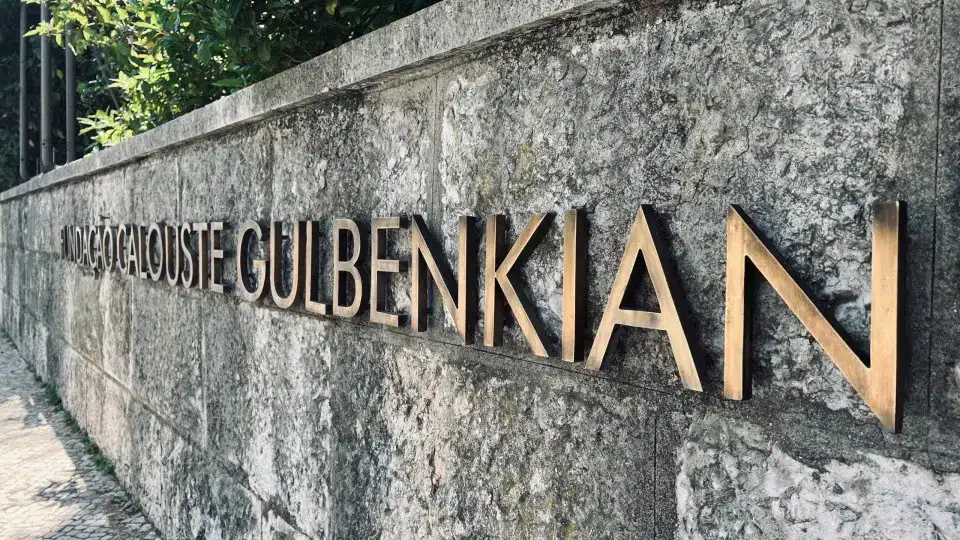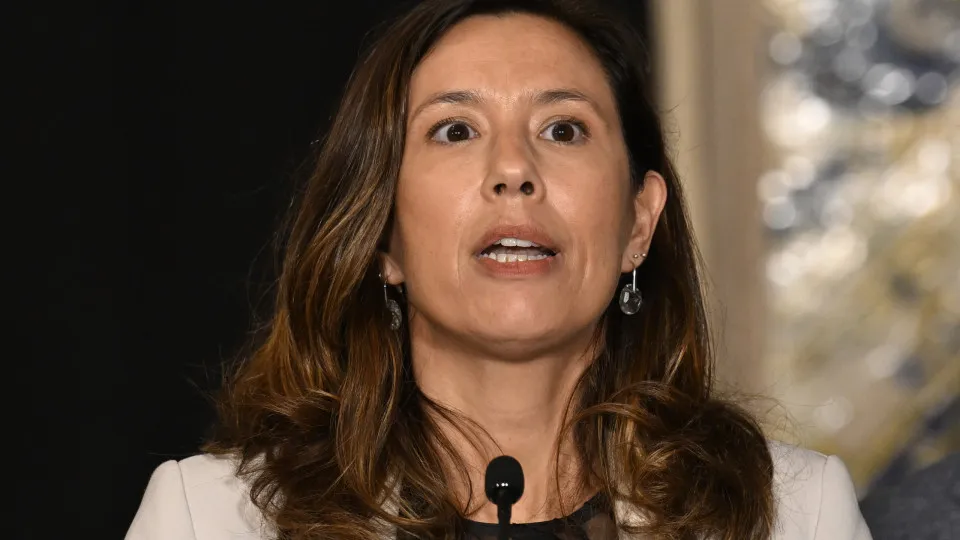
The upcoming concerts are scheduled for next week on the 8th, 12th, and 13th, showcasing “the diversity and depth of the French composer’s work,” according to the Gulbenkian Foundation. Pierre Boulez was born in March 1925 in Montbrison and passed away at the age of 90 in January 2016 in Paris.
The opening recital on Monday will feature pianist Tamara Stefanovich performing Sonata No. 2 by Boulez, presenting pioneering expressions from different eras.
The Second Sonata for Piano, noted for its “great expressive force” by Gulbenkian, will conclude a journey starting with the late Baroque of Domenico Scarlatti, moving through the pre-classicism of Carl Philipp Emanuel Bach and Antonio Soler, the post-romantic counterpoint of Ferruccio Busoni, and leading to the modernity of Béla Bartók, before arriving at Boulez’s contemporary style.
On Friday, September 12, the Gulbenkian Orchestra, conducted by maestro and composer Pedro Amaral, the new artistic director of the São Carlos National Theatre, will perform ‘Pli selon Pli,’ based on poems by Stéphane Mallarmé. This piece for soprano and orchestra is described as “one of the most emblematic creations of Pierre Boulez,” emphasized by Gulbenkian. The soprano soloist will be Camila Mandillo.
The ‘Boulez Cycle’ will conclude the following Saturday, September 13, with the return of the Ensemble Intercontemporain to the Gulbenkian Grand Auditorium.
Founded by Boulez himself, the ensemble, directed by maestro Jean Deroyer, will perform a program centered on ‘Le Marteau sans Maître,’ for contralto and six instruments, highlighting “the significance and modernity of Boulez’s language.” The program also includes ‘Incises’ for piano, ‘Sonatine’ for flute and piano, and ‘Dialogue de l’ombre double’ for solo clarinet and electronics.
“A leading figure in contemporary music, Boulez stood out for his writing of immense structural rigor and poetic imagination, playing a crucial role in promoting the great composers of our time,” reads the Gulbenkian program notes.
The foundation also recalls conductor Boulez, who led “some of the most renowned international orchestras” and was the “founder of key institutions,” such as the Institut de Recherche et Coordination Acoustique/Musique (IRCAM) and the Ensemble Intercontemporain.
The first performance of the Gulbenkian Choir and Orchestra for the 2025/2026 season takes place today, outdoors, with the traditional concert in Lisbon’s Vale do Silêncio, part of the city’s Festas da Rua.
The performance will be conducted by maestro Pedro Neves, principal conductor of the Orquestra Metropolitana, featuring a program “designed for a varied audience,” with “great musical moments from cinema” and “major works” by composers like Aaron Copland, John Williams, Ethel Smyth, Richard Wagner, Dmitri Shostakovich, Dmitri Kabalevsky, and Giuseppe Verdi.
More than 120 concerts are planned for the season, continuing until May of next year.
Composers such as Beethoven, Mahler, Brahms, Schumann, Shostakovich, Alban Berg, Hans Werner Henze, and Magnus Lindberg feature in the various programs.
Among the “great performers” are pianists Grigory Sokolov, András Schiff, Elisabeth Leonskaja, Mitsuko Uchida, Christian Zacharias, and Alexander Melnikov, violinist Isabelle Faust, maestro Jordi Savall, ensemble Il Pomo d’Oro, and the Belcea and Casals quartets.
This marks the final season of Gulbenkian Music under the artistic direction of musicologist Risto Nieminen, who is retiring after 16 years at the helm of the foundation’s Music Service. On April 1, 2026, leadership will be passed to musician Fredrik Andersson, former director of the Royal Stockholm Philharmonic Orchestra.




